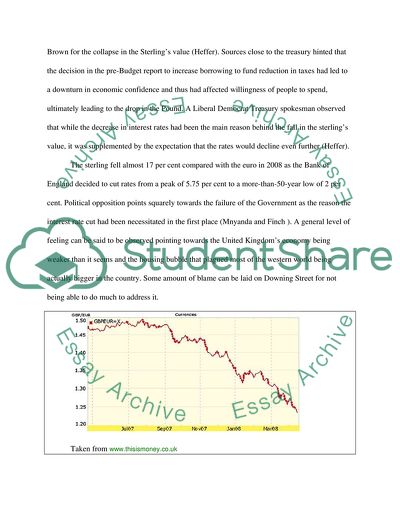Cite this document
(Causes and Impacts of the UK Currency Devaluation Essay Example | Topics and Well Written Essays - 1500 words, n.d.)
Causes and Impacts of the UK Currency Devaluation Essay Example | Topics and Well Written Essays - 1500 words. https://studentshare.org/finance-accounting/1551099-causes-and-impacts-of-the-uk-currency-devaluation
Causes and Impacts of the UK Currency Devaluation Essay Example | Topics and Well Written Essays - 1500 words. https://studentshare.org/finance-accounting/1551099-causes-and-impacts-of-the-uk-currency-devaluation
(Causes and Impacts of the UK Currency Devaluation Essay Example | Topics and Well Written Essays - 1500 Words)
Causes and Impacts of the UK Currency Devaluation Essay Example | Topics and Well Written Essays - 1500 Words. https://studentshare.org/finance-accounting/1551099-causes-and-impacts-of-the-uk-currency-devaluation.
Causes and Impacts of the UK Currency Devaluation Essay Example | Topics and Well Written Essays - 1500 Words. https://studentshare.org/finance-accounting/1551099-causes-and-impacts-of-the-uk-currency-devaluation.
“Causes and Impacts of the UK Currency Devaluation Essay Example | Topics and Well Written Essays - 1500 Words”. https://studentshare.org/finance-accounting/1551099-causes-and-impacts-of-the-uk-currency-devaluation.


